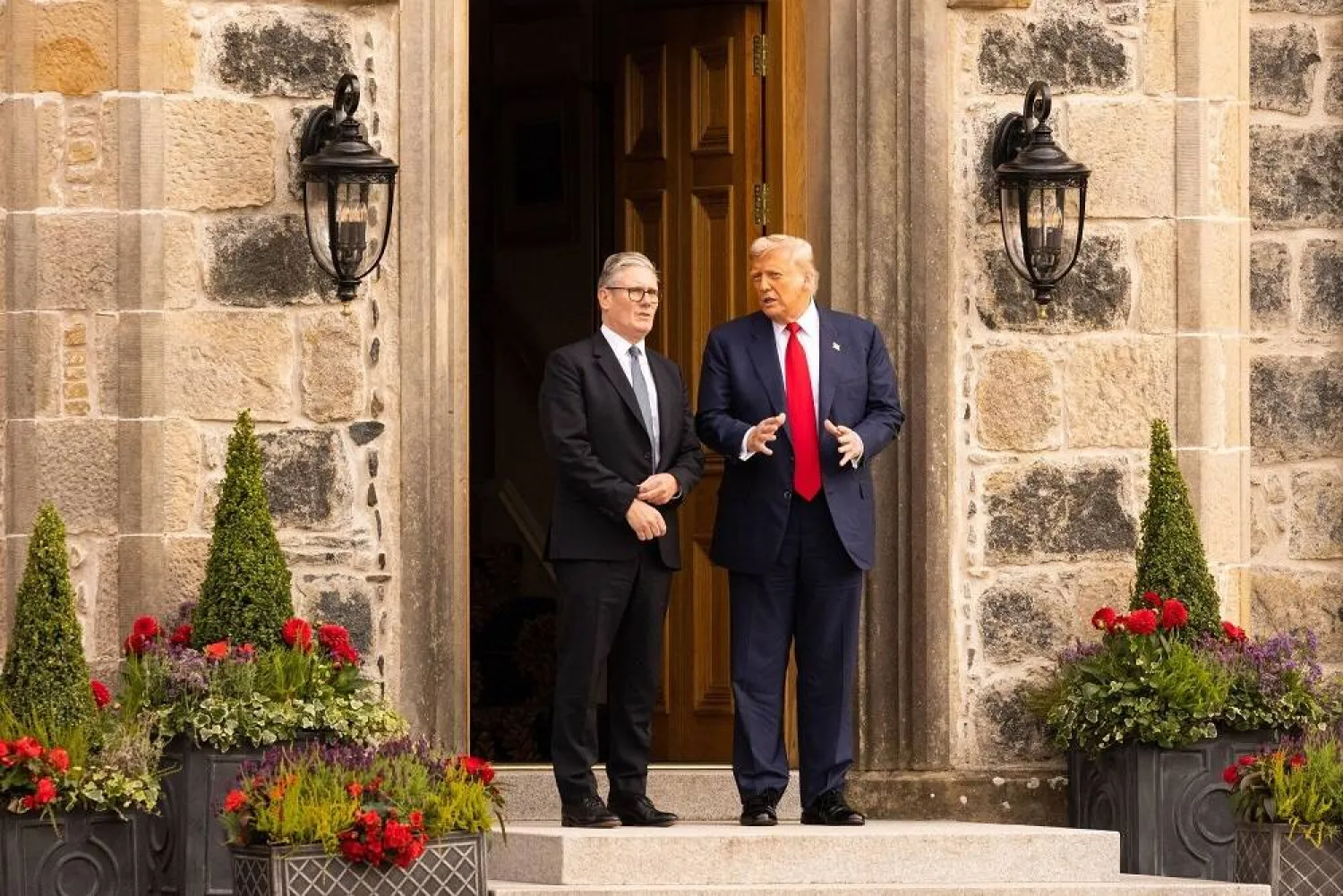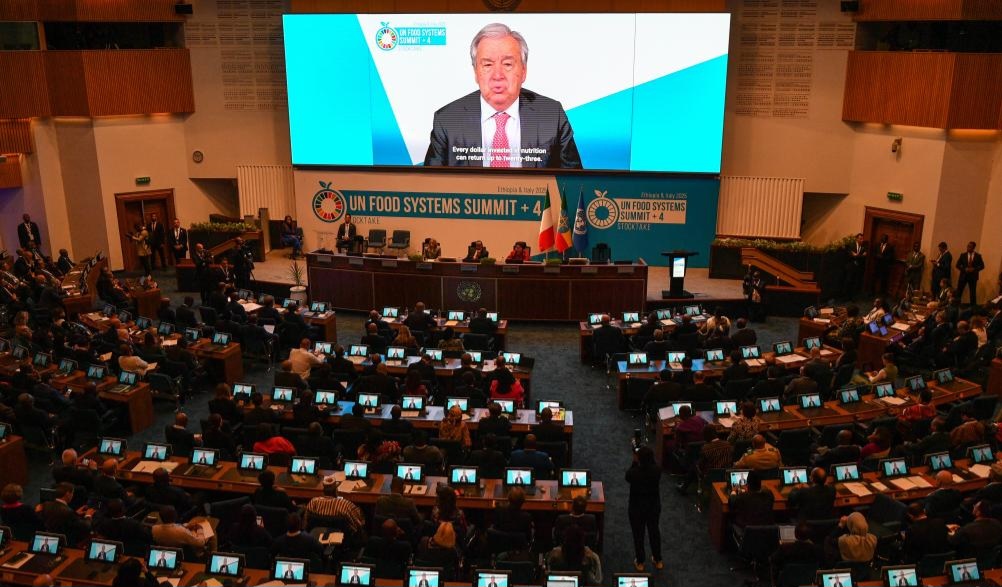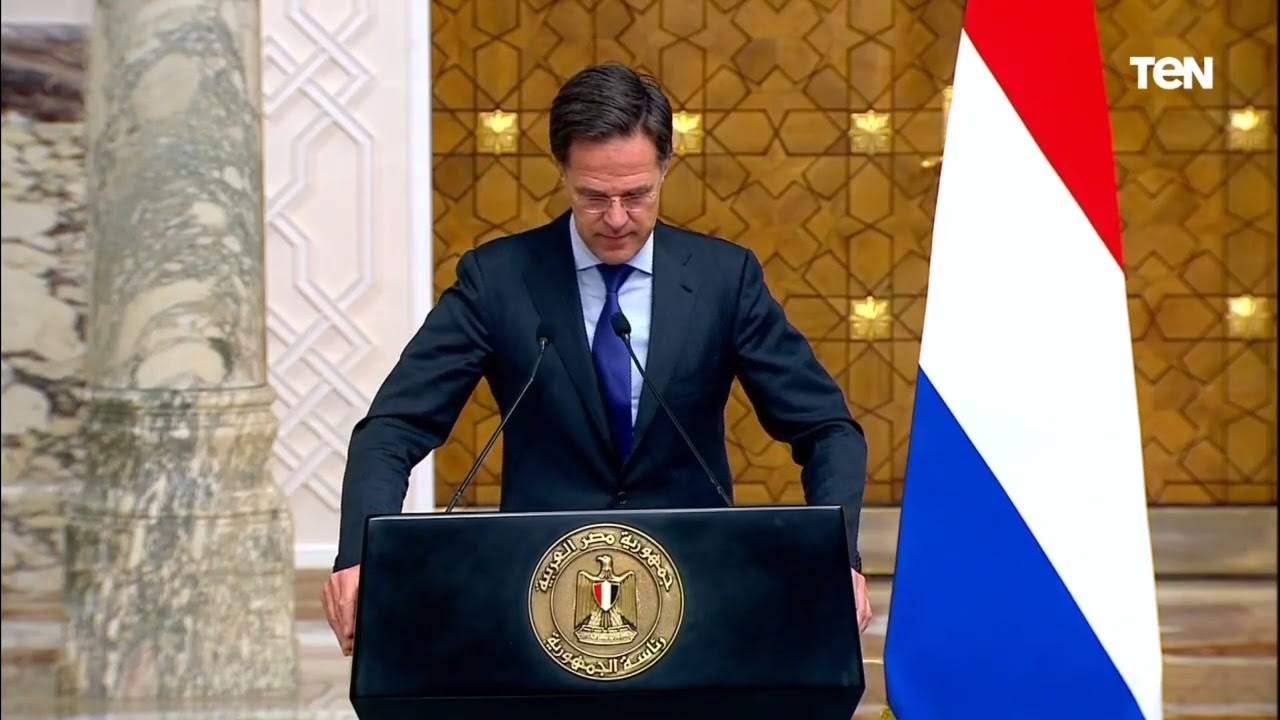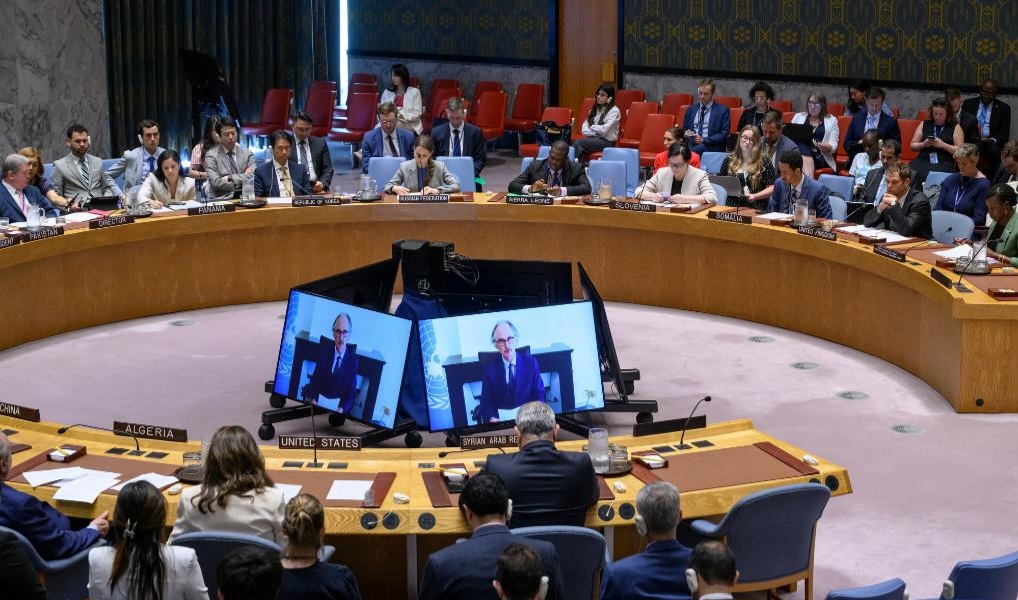Alsharq Tribune-AFP
Global leaders on Monday called for urgent collective action to address challenges facing food systems.
They made the call during the second United Nations Food Systems Summit, which is underway in the Ethiopian capital of Addis Ababa, with political leaders from around the world, heads of UN agencies and regional organizations, as well as representatives from the private sector and civil society, convened to reaffirm their shared responsibilities.
Addressing the official opening session on Monday, African Union Commission (AUC) Chairperson Mahmoud Ali Youssouf emphasized the need to transform global food systems to address critical sustainable development challenges.
"Food systems transformation is not just a moral imperative. It is a strategic necessity central to achieving the Sustainable Development Goals (SDGs), especially ending hunger, reducing poverty, and building climate-resilient economies," he said.
The AUC chief highlighted Africa's "bold steps" in food systems transformation, supported by collective continental commitments and investment targets to build resilient, inclusive, and climate-smart food systems. He further called on global partners to support African-led solutions.
In a video message, UN Secretary-General Antonio Guterres underscored the vital need to realize shared commitments in ensuring global food systems that are inclusive, sustainable, equitable, resilient, and rooted in human rights.
"Global hunger is rising, trade shocks are pushing food prices out of reach, and one-third of the world's population cannot afford a healthy diet while one-third of the world's food is lost or wasted," Guterres said, warning that climate change and conflict are further driving hunger across the globe.
For her part, Italian Prime Minister Giorgia Meloni stressed the need to address the major drivers of global food insecurity. She noted that although food insecurity has drastically decreased over the past decades, the phenomenon still affects about 10 percent of the world's population.
"This percentage is largely concentrated here in Africa, where one in five people suffer from hunger and do not have access to sufficient, safe, and nutritious food to lead a healthy life. This situation, already complex, has been exacerbated by the crises the world is currently facing," Meloni said.
Describing food insecurity as a critical global political and economic issue, she warned of the catastrophic consequences, including poverty and conflicts, as communities become more vulnerable to violence, terrorism, and forced migration.
Echoing the sentiment, Ethiopian Prime Minister Abiy Ahmed highlighted the importance of ensuring predictable financing to support investments in agriculture, rural transformation, infrastructure, and nutrition in Africa and beyond.
Abiy, in particular, emphasized the need to put in place fair access to technology and finance for agricultural modernization in Africa. He further emphasized the importance of fair trade rules that create a level playing field and a strong global partnership that empowers local solutions.
The summit, held on July 27-29, is expected to reflect on global progress in food systems transformation, strengthen collaboration, and unlock finance and investments to accelerate action toward the UN SDGs.




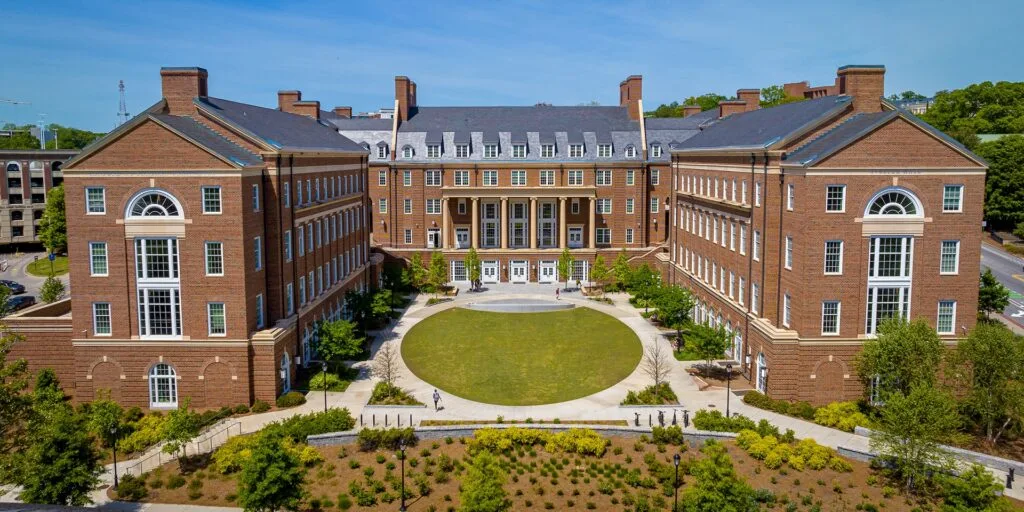



.png?locale=en)



